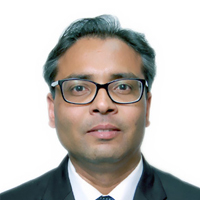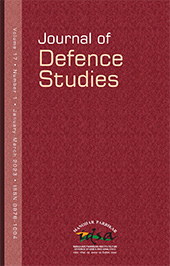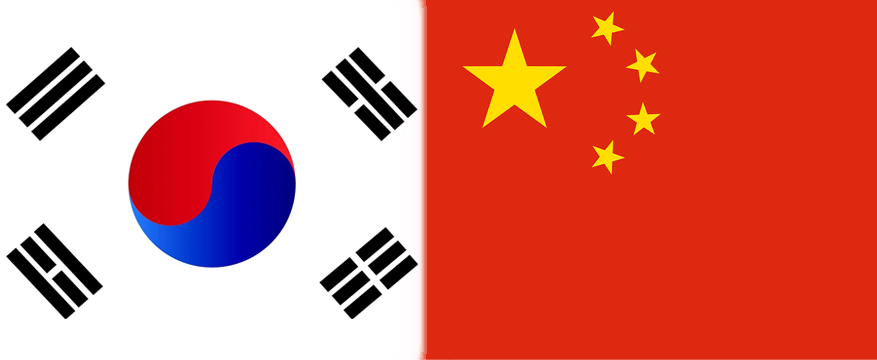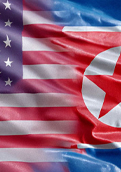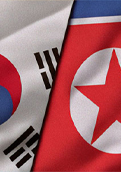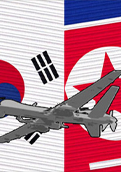The Political Economy of South Korea’s Arms Trade with India: Challenges and Prospects
South Korea’s rapid rise as a manufacturing powerhouse and a leading export-oriented economy was made possible due to the active role of the ‘developmental state’ in the country. Despite adopting several neoliberal policies after the devastating Asian financial crisis of 1997, the South Korean state did not fully abandon its role in the country’s economic development. In recent years, selling of military hardware has emerged as one of the ‘new engines of economic growth’ for this export-oriented nation. Furthermore, South Korea’s economic and strategic relations with India have developed significantly, particularly after the end of the Cold War. The arms trade between the two countries has also grown notably. While India’s developing economic and strategic relations with South Korea are well-documented, there is a lack of literature on New Delhi’s increasing arms trade with Seoul. This article explains the challenges and prospects of South Korea’s trade of weapons with India.
- Ranjit Kumar Dhawan |
- October-December 2025 |


